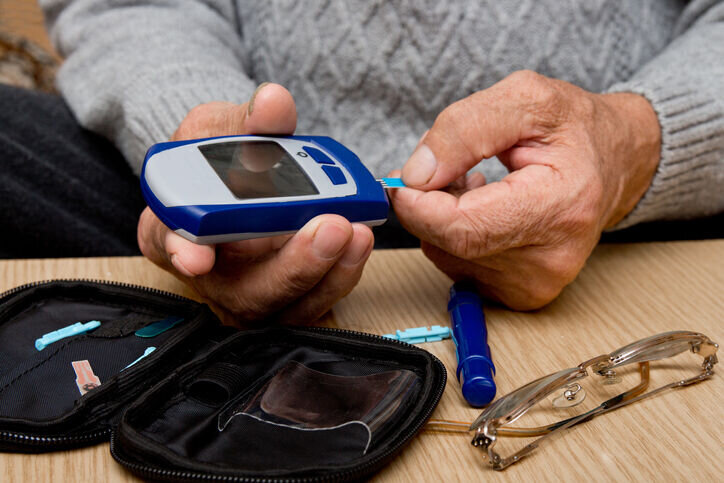Iran joins DEEP network to share diabetes expertise

TEHRAN – Iran has joined Novo Nordisk’s DEEP (Disease Experience Expert Panel) as the twentieth country to share experience on diabetes with the world.
Novo Nordisk, a global healthcare company founded in 1923 and headquartered in Denmark, has established the DEEP network, which is a group of people living with a chronic disease or their family members and caretakers.
Some 11 percent of Iranians above 25 years old, accounting for 5 million people, are suffering from diabetes, and 18 percent of the population are pre-diabetic, health ministry official Alireza Mahdavi said in November 2019.
Due to the increasing incidence of non-communicable and chronic diseases, high treatment costs, and the inability of governments to meet the whole patients’ needs, NGOs have been formed to attract people participation to take steps in this regard, head of Diabetes Association Alireza Estaghamati said.
The Diabetes Association was founded about three decades ago, aiming to facilitate access to diabetes medicine, even during the pandemic, he added.
Diabetes burden in Iran
In Iran, 25 percent of people are not aware of their diabetes. The figure is 50 percent in the world and 60 percent in West Asia and North Africa region.
About 422 million people worldwide have diabetes, the majority living in low-and middle-income countries, and 1.6 million deaths are directly attributed to diabetes each year.
Both the number of cases and the prevalence of diabetes have been steadily increasing over the past few decades. As it is expected that by 2030, 578 million people will develop diabetes, and the number of patients may exceed 700 million by 2045.
In 2019, 4.2 million people died of diabetes. And now, 50 percent of coronavirus patients were diabetic.
About 90 percent of diabetics are diagnosed with type 2 diabetes worldwide. Education, self-care, and following a healthy lifestyle, and using medication are effective in controlling the disease.
Type 2 diabetes is preventable and in some cases can be cured early. Lack of access to insulin, failure to early diagnosis of type 1 diabetes leading to diabetic ketoacidosis is a common cause of death in children and adolescents.
Diabetes is a major cause of blindness, kidney failure, heart attack, stroke, and lower limb amputation. A healthy diet, physical activity, and avoiding tobacco use can prevent or delay type 2 diabetes. In addition, diabetes can be treated and its consequences avoided or delayed with medication, regular screening, and treatment for complications.
FB/MG
Leave a Comment